What Chiefs and Fire Fighters are Saying…
I’d like to thank the trainers, Nicky, Pauline and Kim, who accompanied us throughout the course and delivered the message with ease and mastery. They were dynamic and flexible in their teaching and adapted well to the group. Many thanks for their investment in us. They are also all concerned with the continuous improvement of the training.
Secondly, this training is very up-to-date and relevant to our reality as front-line workers/first responders. It gives us other tools to put in our toolbox that are likely to be useful to us at some point in our interactions. It tackles new angles in our work. The participant handouts are very well put together and make it easy to take notes. The PPT also provides an enriching visual support. All of this is enhanced by activities and videos to improve retention of the material.
Thank you for all the work you are doing on this mission, which I hope will help to save more lives in the future.
Participant, QC

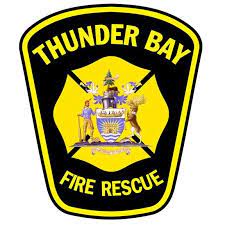
Resilient Minds is designed for fire fighters, the content is Canadian, and the statistics wake up the participants. The program is bundled in a modular delivery system that just works for us. Participating in the Instructor Training course, the experience and power our fellow students brought to the lessons were invaluable. The team learning approach was natural and effective. The growth as an instructor and fire fighter that I gained in this training will be with me for the rest of my career, not to mention the positive effect it will have on my personal life. Thank you Resilient Minds® for helping us so we can help others.
Captain Jon Cuthbertson, Thunder Bay Fire Rescue, Ontario
Prior to understanding the value of and need for prevention programming around trauma exposure, we were focused primarily on post-incident support. All of our suppression response staff have now received Resilient Minds® training and are better equipped to understand those effects. In turn, our Department has continued the move to a more progressive and holistic wellness model that is inclusive of a wide variety of programs and support mechanisms. The emergency response industry needs to continually evolve and adjust as we learn more about the career-long cumulative effects of trauma exposure. The Resilient Minds® program acts as a positive and progressive first step for all first responders.
Fire Chief Ron Coulson, Port Moody Fire Services, BC
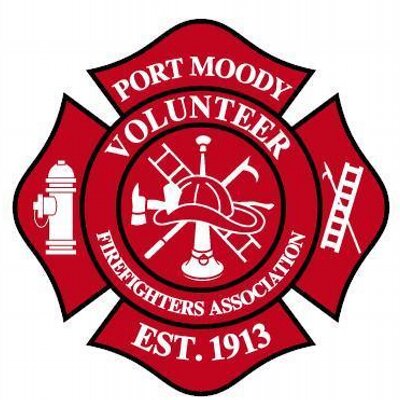
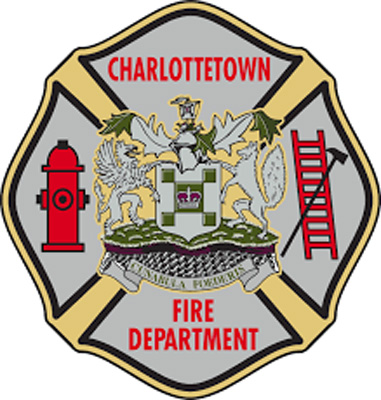
The training was excellent. From a fire fighter’s point of view, Resilient Minds® was very relatable. Having facilitators who were knowledgeable and having smaller classes sizes encouraged open dialogue. We’ve adopted Resilient Minds® well in our department. Our membership has taken to it and communication on mental health has really improved after the training.
Deputy Fire Chief Tim Mamye, Charlottetown Fire Department, PEI
As leaders, we must do all that we can to provide training and tools for all of our staff when it comes to mental health and potential stress related injuries. We talk about how important prevention and education is when it comes to reducing the impact of fires, but it is equally, if not more important, when protecting our fire fighters, dispatchers, investigators and chief officers. The Resilient Minds® program lays a foundation of education and awareness for our department – we talk more openly and look out for each other.
Fire Chief Chief Karen Fry, Vancouver Fire and Rescue Services, BC
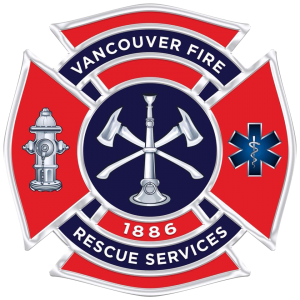
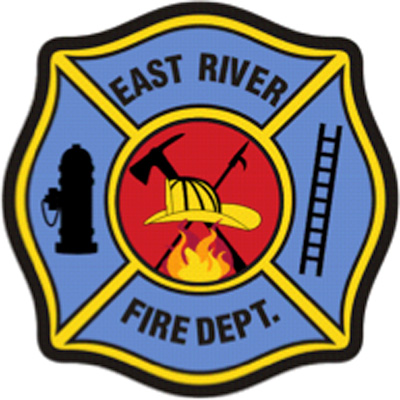
I am exposed to a variety of traumatic events. With time, these events have the potential to take a toll on me, to affect my mental and emotional health. However, through the Resilient Minds® training, I learned techniques that allow me to process these traumatic events immediately rather than suppressing them. Because of Resilient Minds®, I no longer internalize these situations – I am better equipped to deal with and process the traumatic events that I encounter as a fire fighter. I am thankful that Resilient Minds® was available to me and I highly recommend it to other fire fighters.
Fire Fighter Hannah Cousins, East River Fire Department, PEI
As a collective group, we thought the Resilient Minds® course was very informative as well as insightful. For most of the recruits, we have had some minor training in the field. However, this was significantly more in depth. Specifically the ‘4R Action Toolkit®’ provided us with the solid framework for addressing mental heath issues amongst our peers as well as ourselves. Moving forward, we feel better suited to take on the high-stress environment that comes with being a career fire fighter. The course itself was very interactive and the instructors communicated the information very well. All of us agree we would recommend this course to any fire department.
Fire Fighter recruits in Class 2021-01 (B Platoon), Whitby Fire & Emergency Services, Ontario
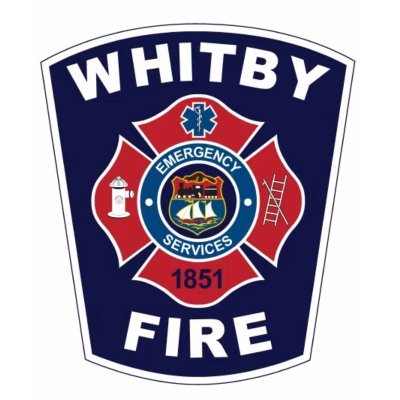

In 2008, when I started a new career path as a fire fighter in Thunder Bay, I was advised that there would be situations that would be uncomfortable to deal with. Having a psychology degree in my background, I felt like I understood and could deal with the challenges that fire fighters face on the job and be able to help. After several years of dealing with the trauma and stresses while on duty, I was happy to hear the department was going to look into some critical incident training. Several training courses I attended added “tools in the toolbox”. No course had the lasting effect like Resilient Minds®. Not only was the course interactive and fluidly presented but it related the subject matter to all attendees in a fashion that was sure to make a personal tie. The stories presented made everyone relate to the situation and see how fragile the mind can become. The signs and symptoms that were indicators of trauma taking its toll were enlightening and informative. The knowledge gained from this course has been exponentially beneficial not only in dealing with people on the job but it also opened my eyes to friends and family dealing with mental health issues. I would recommend this course to any department looking to help its member’s overall mental wellness and ability to help others.
Acting Captain Mike Fossum, Thunder Bay Fire Rescue, Ontario
From a Chief’s point of view, I stand behind Resilient Minds® and support it being a mandatory training. It’s so beneficial and it’s so important for a lot of people to understand that the stresses of being on the job can affect them both personally and family life. It helped us realize that as fire fighters we can have mental health problems ourselves. The training gave us some outlets, other resources and a few tools that we could use to help us deal with critical incidents.
Chief Johnny Dugay, Kinkora and Area Fire Department, PEI
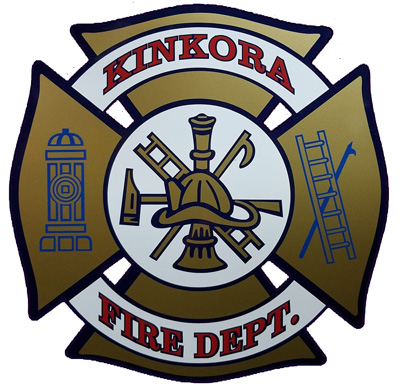
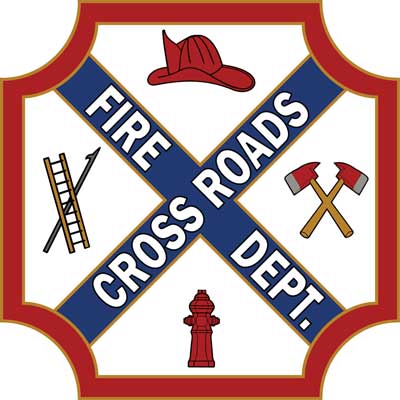
I think Resilient Minds® should be part of the core training for every firefighter. Not only did this program help me develop the tools when dealing with my own mental health issues, but it made it easier to have the conversation within our department. Early identification and treatment is key and you can’t get treatment if you can’t talk about it.
Fire Fighter Joe White, Cross Roads Fire Department, PEI
The chief facilitators created a safe, comfortable and interesting learning environment. We were impressed with the interactive capabilities of the Zoom classroom and the way it was incorporated into the course. They taught us coping skills such as the 4R Action Toolkit® that we will be able to take into our careers and use to remain healthy for ourselves and our families. As members of the fire service, we would recommend this course to anyone involved in emergency response.
Fire Fighter recruits in Class 2021-01 (A Platoon), Whitby Fire & Emergency Services, Ontario


I would highly recommend that Resilient Minds® be done for any fire department. All the sessions were useful. The trainer established a safe learning environment that encouraged communication. Fire fighters felt safe sharing their feelings. Knowing that we can talk to each other and accept that we’re all different is good. One of the key things I took away from Resilient Minds® was recognizing that there are tools available to help us deal with the challenges that fire fighters face.
Fire Fighter Ken McGregor, Cross Roads Fire Department, PEI
It was a course that I really liked. The Resilient Minds® Instructor did an amazing job. I found the information really interesting. Resilient Minds® opened up another toolbox to help us deal with the things that bother us. People are now more open to talking about it which is great.
Captain Kenny Blanchard, Summerside Fire Department, PEI
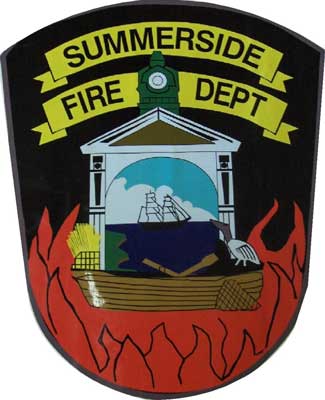
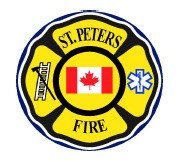
I found the Resilient Minds® training very helpful. Everything was covered very well and the workbooks and slideshows were very useful. It was delivered in our own Firehall so we felt comfortable asking questions and discussing things. I definitely feel that I can talk about things better now that we’ve all taken this course together.
Fire Fighter Haley Campbell, St. Peter’s Bay Fire Department, PEI
The connection between the instructor and the students was seamless because the instructor attended a lot of the things that the people participating in the Resilient Minds® training had been on as well. The course gave us better tools for building resilience to some of these traumatic and stressful events that we are all exposed to on a fairly regular basis. It has made us much more aware and much more open to have discussions with our fellow members. If you’ve not had an opportunity to take the Resilient Minds® training, by all means try and take it.
Captain Kevin Reynolds, Cross Roads Fire Department

Resilient Minds® was wonderful and I could relate to the techniques that were discussed. I liked the approach of presenting different points of view and stories, but all built and resulting towards the same outcome. It made me realize that other people go through the exact same things I do, and listening to them on how they dealt with issues was comforting and helpful. After I took the course, I’m more empathetic towards my fellow firefighters. I’m more open to having a conversation with them and listening to their actual issues.
Fire Fighter Aubry MacDonald, North Rustico Fire Department, PEI
The safety of first responders is our priority, both physical and mental. We actively seek out ways to improve our team’s health, and Resilient Minds® has become a baseline tool for our department. All of our new recruits are provided Resilient Minds® as part of their initial training. It has created a common language that encourages open discussion.
Fire Chief Travis Whiting, City of Kelowna, BC
I’m a big advocate of Resilient Minds®—it helps open your eyes and showed there are people willing to listen. If you ever feel down, always remember that there is always someone there to help you get up. All you do is ask. We can’t help people if we don’t help ourselves first.
Fire Fighter Kent Cooke, Victoria Fire Department, PEI
Resilient Minds® was a super beneficial course that showed us a different way to process things and a different way to approach critical incidents so that it doesn’t have to be a forever injury. It was very useful having the facilitators who were volunteer firefighters and dealing with critical incidents because nobody understands it better than your peers. There was a lot of open discussion about how to break through the stigma barrier. The biggest thing that came out from the course was that people need to just keep talking about what they’re feeling because it is a normal reaction to an abnormal event.
Firefighter Julia Somers, New Glasgow Fire Department
